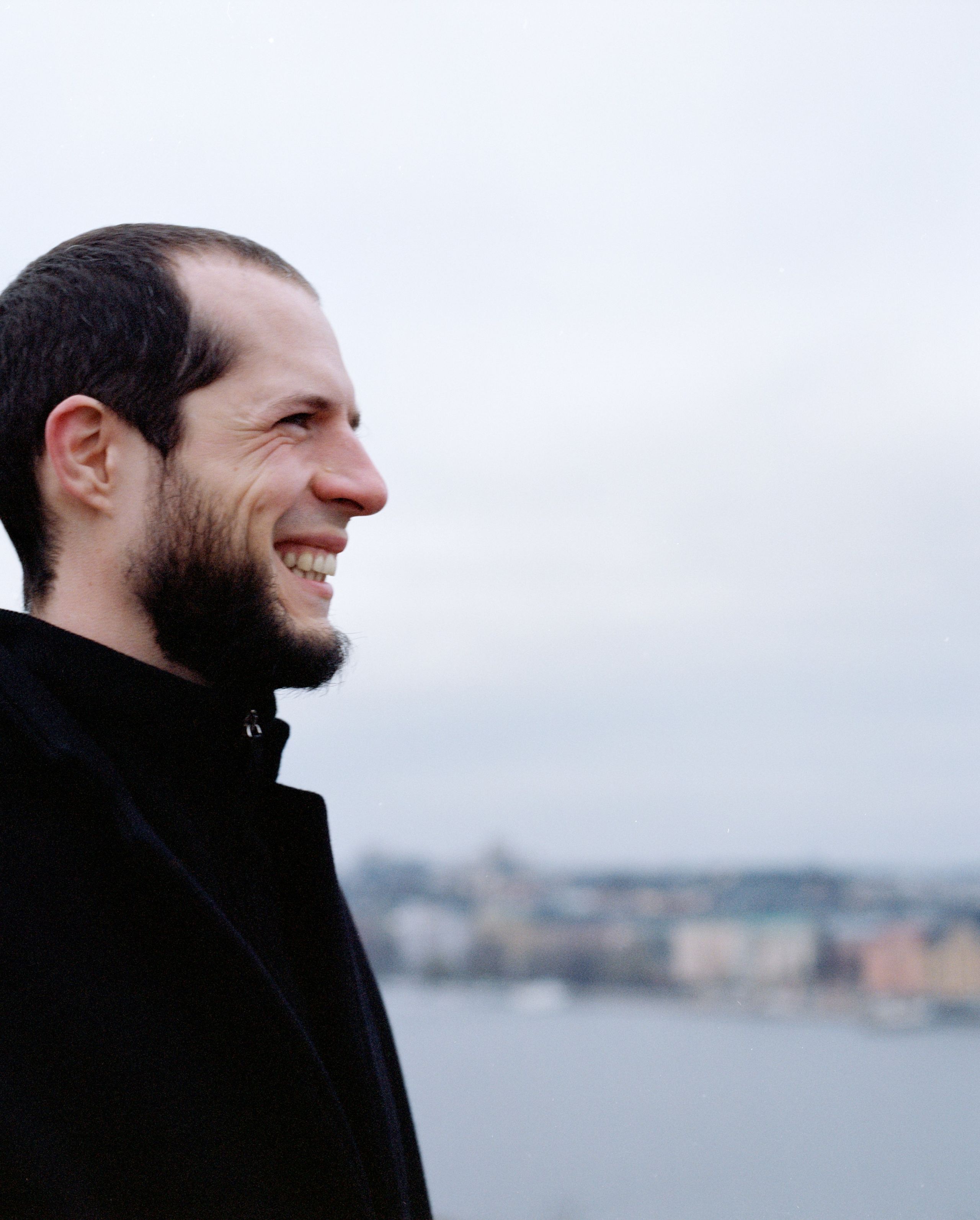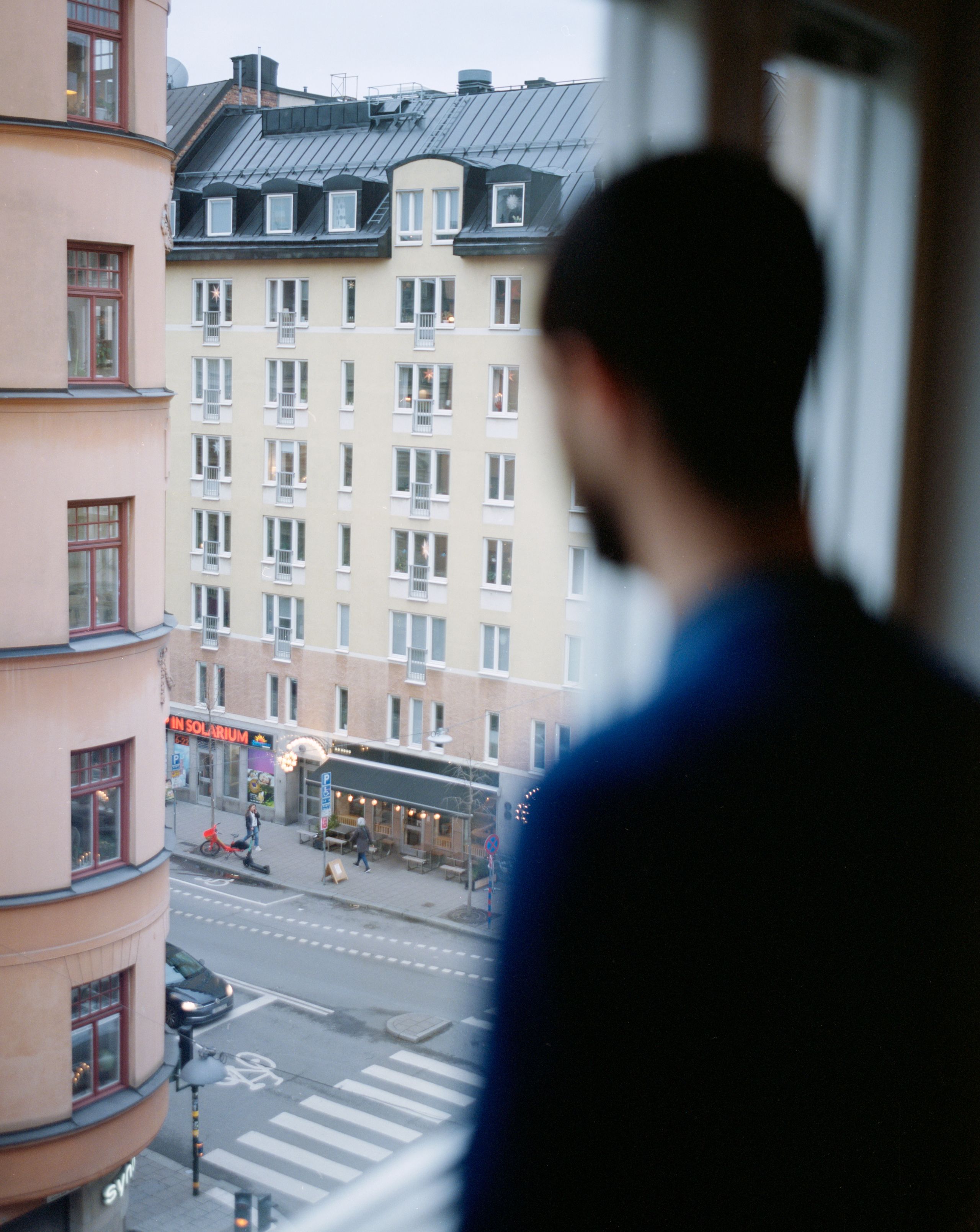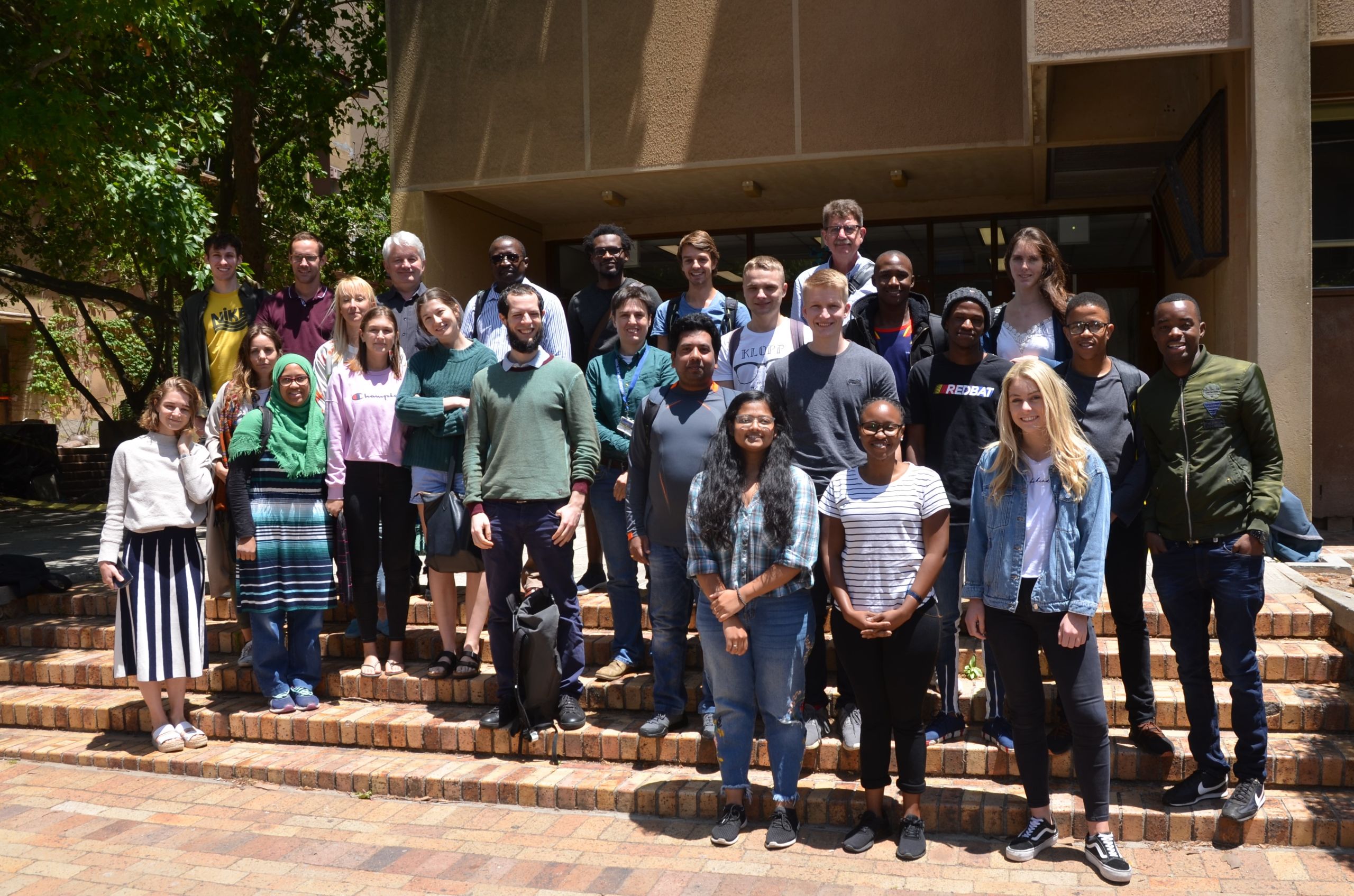Dr Gabriele Messori
Gabriele is on a mission to help the scientific community and beyond gain a holistic understanding of climate extremes. To do this, he combines a variety of approaches, from applied mathematics to statistics, atmospheric dynamics to societal impacts. It’s only been seven years since he finished his PhD, but he’s already widely recognised for his work in his field.
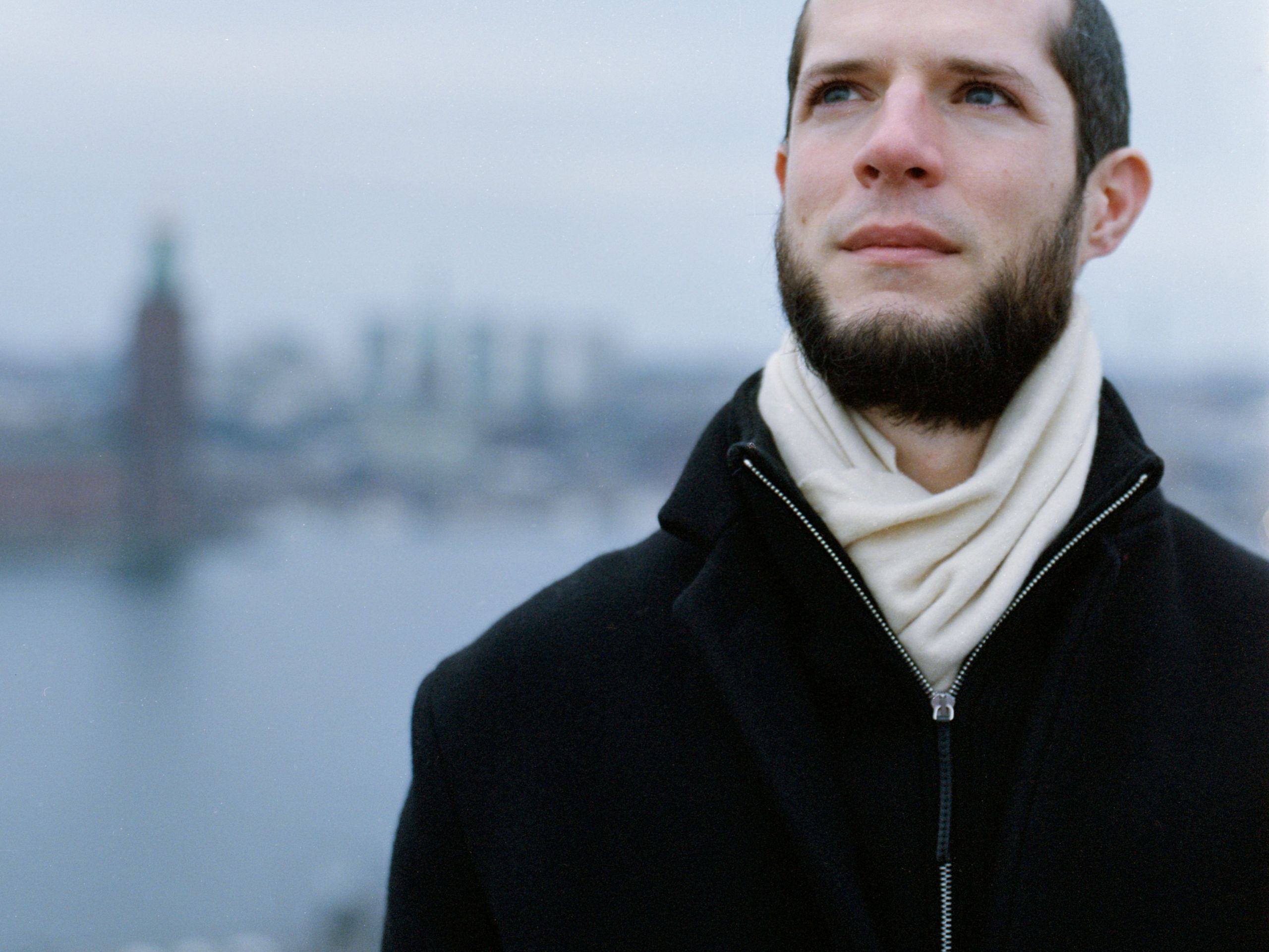
From student to leading researcher
It was during his masters that Gabriele became interested in this research area. "When I had to choose my thesis, I’d just learnt about climate science. There was a project on the Caspian Sea offered by the Space and Atmospheric Physics group in the department. It was quite different from what I knew, but I wanted to challenge myself," he explains.
I’m interested in weather events that happen in the mid latitudes. I believe that to get something out of the research you must look at the whole continuum, from the theoretical depiction of the extremes to the practical applications.
"Part of my work uses tools from applied mathematics to describe the statistical properties of extreme weather events. Another part is understanding the physical processes driving events such as heatwaves, windstorms and heavy precipitation," Gabriele says. "The applied part of my work looks at how we can leverage the theoretical and process understanding from a predictability perspective. Both in a metrological sense of what might happen next week and in a climate sense of what might happen in 30 years’ time."
Uniting different disciplines
Since his PhD, Gabriele has created global connections within the world of academia: "I’m proud of my efforts to interact with disciplines beyond my own, as well as professionals outside of academia. I’m coordinating an international project which involves a whole host of fields, from theoretical physics to public health. I’ve recently submitted a paper with a colleague who is a social scientist too. It’s all about helping different disciplines use the same scientific language."
Moving forward, I’d like to collaborate with more companies and different disciplines. It’s important to me to find a better way to engage non-specialists with theoretical climate research.
Through his European Training Network project, Gabriele has created a series of industry secondment opportunities for scientists at the start of their career. "In the last few years, I’ve made a conscious effort to work with the private sector. I’m coordinating a project where we’ll send PhD students on secondment to different companies," he says.
This project aims to combine the latest scientific knowledge with the models and prediction tools used in the private sector, and involves partners such as Allianz, AXA and AON. The project has received a 5.0/5.0 evaluation from the European Commission’s Research Executive Agency for its ability to boost employability.
Leading the way in his field
In 2019, Gabriele received the Outstanding Early Career Scientist Award from the Atmospheric Sciences Division of the European Geosciences Union, Europe’s leading international union in Earth, planetary and space sciences. He describes winning the award as "a proud moment." "It wasn’t just recognition for a specific piece of work, but it was the first time I’d been recognised for my overall efforts so far."
Gabriele adds, "In this phase of my career, I have started a lot of projects. I’m yet to see outcomes as they’re very recent. I’d love to see my efforts pay off and see some concrete results. I’d like to see the PhD students working in private sector research departments and perhaps the work I’m doing with a commercial weather forecasting company be patented."
Engaging the next generation of scientists
Gabriele’s work goes beyond the scientific community in many ways. For example, Gabriele led the development of the first meteorology stand at SciFest in Sweden, an annual 3-day science festival attracting over 8000 students from primary and secondary schools. Gabriele’s aim was to introduce the students to probabilities in weather forecasts and have them present a forecast live to their peers.
"I realised there were stands about everything except for meteorology. I took the initiative of setting up a stand where we could not only convince young people that it’s interesting, but also use games to show it’s not as easy as it seems. We used a game with ping pong balls to show that when we make a weather forecast it’s based on probability, not certainty," he shares.
Another example of his dedication to make a difference is his work with the Swedish Foundation for International Cooperation in Research and Higher Education. This project involved an exchange of students between Sweden and South Africa. Gabriele then used this experience to organise a training school on climate extremes, with travel support for South African students from historically disadvantaged universities.
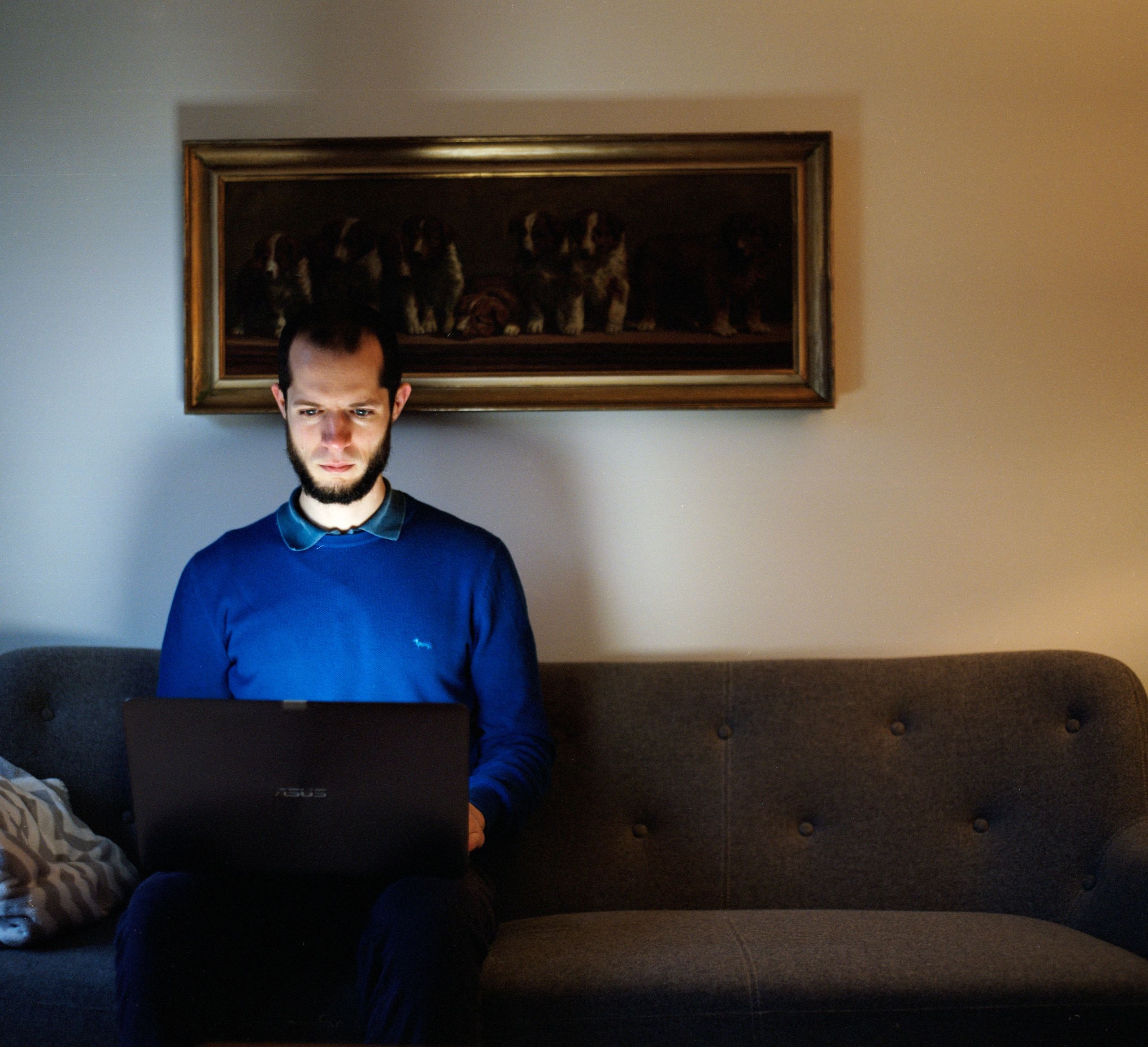
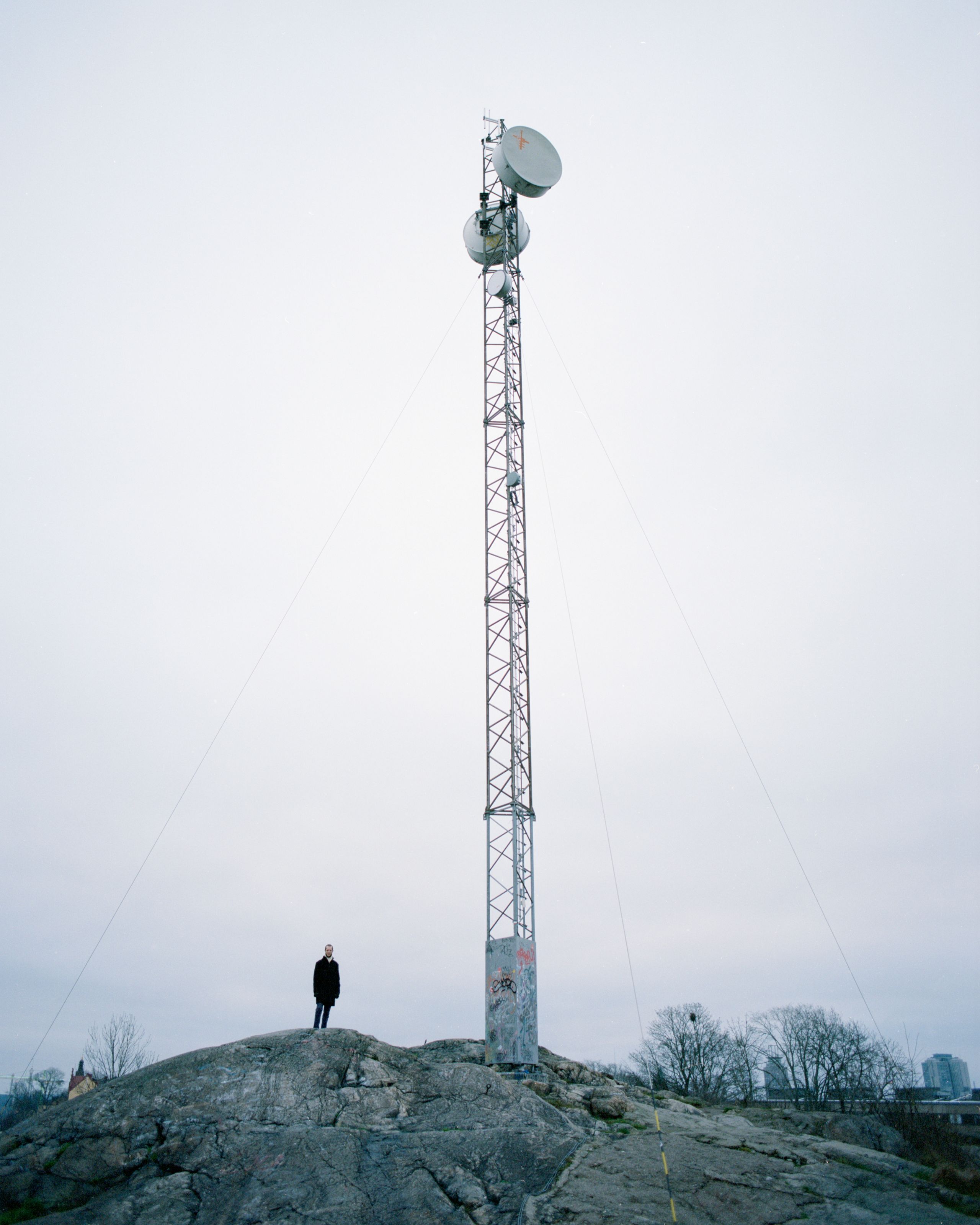
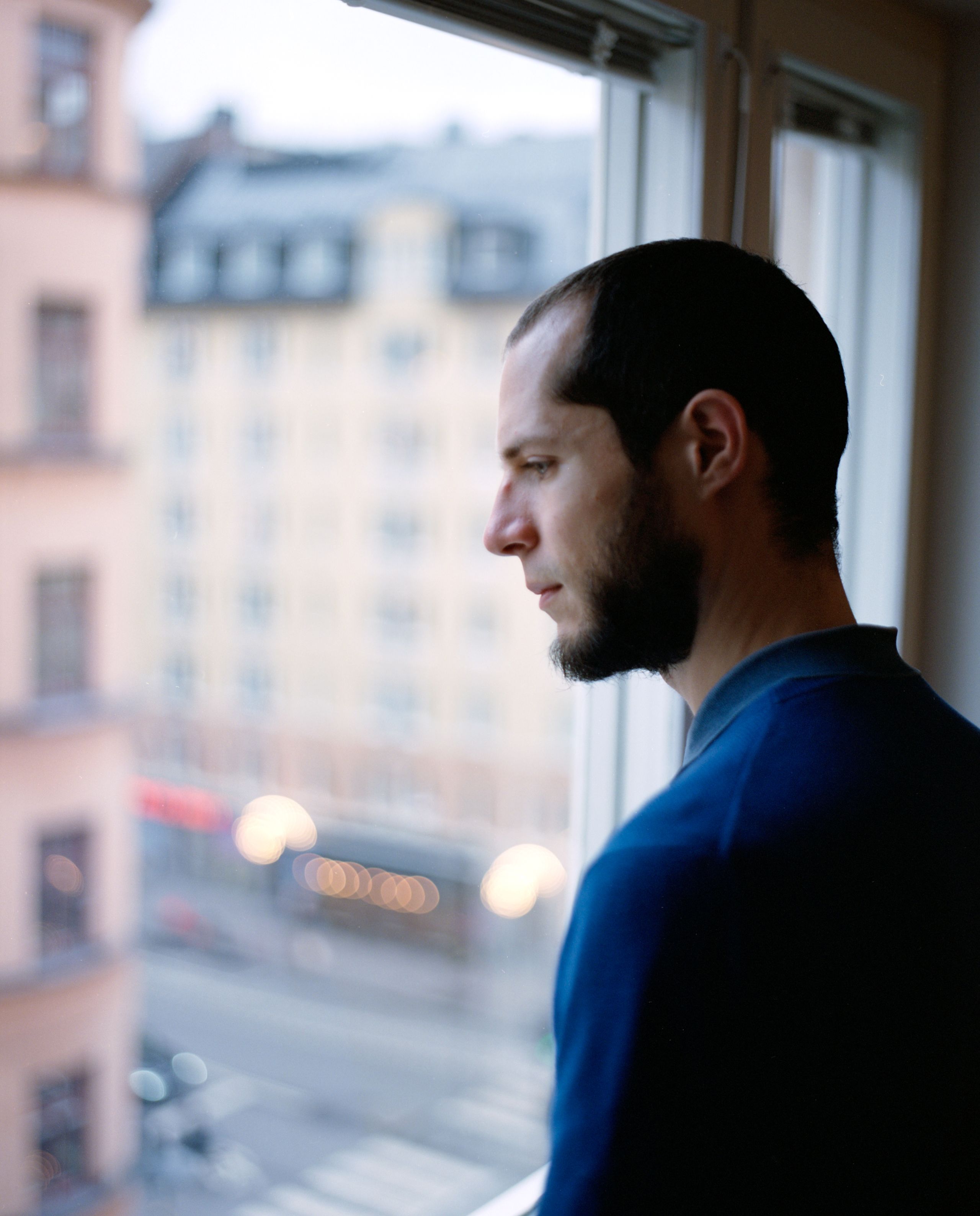
Fond memories of Imperial
When Gabriele describes his time at Imperial, he says, "Being an undergraduate student was daunting, and it took time to settle into my studies". He continues, "When it came to my postgraduate studies, although it was a big jump, I already felt at home at Imperial and could really focus on my work."
It’s been seven years since finishing his PhD. Gabriele expresses, "Imperial was excellent at giving me an understanding of how physics and science can be applied outside academia. I also had opportunities to do other things that allowed me to engage with the community at the University, such as teaching. My time at Imperial provided me much more than the scientific and technical knowledge."
I always wanted to do a PhD. But I thought I should see what working in the private sector was like first, so I did two internships over summer. But after this experience, I knew that academia was the right path for me. Working in research gives me freedom – I can choose what I dedicate my time to which is really important for me.
He looks back fondly at his time at Imperial and remembers how his lecturers made complex topics engaging. "I remember when Professor Peter Török was teaching a dry subject to do with mathematics. To liven it up, he brought in a chopping board and swede. He started chopping it up as a 3D illustration of what he was explaining."
For his PhD, Gabriele worked with Dr Arnaud Czaja. He is still at Imperial and they continue to collaborate. Gabriele describes Dr Arnaud Czaja as "a very inspirational character". "He’s always been very true to his ideas. He isn’t one to adapt his focus to the organisations giving funding. He’s always just explored what he finds interesting."
Gabriele also had the opportunity to visit parliament and discuss his research. He said, "It was a great experience for me to communicate something that’s theoretical to someone who is not a scientist. This can be a challenge, but it’s important." Following this, he became actively involved in the United Nations Framework Convention on Climate Change process.
Fond memories of Imperial
When Gabriele describes his time at Imperial, he says, "Being an undergraduate student was daunting, and it took time to settle into my studies". He continues, "When it came to my postgraduate studies, although it was a big jump, I already felt at home at Imperial and could really focus on my work."
It’s been seven years since finishing his PhD. Gabriele expresses, "Imperial was excellent at giving me an understanding of how physics and science can be applied outside academia. I also had opportunities to do other things that allowed me to engage with the community at the University, such as teaching. My time at Imperial provided me much more than the scientific and technical knowledge."
I always wanted to do a PhD. But I thought I should see what working in the private sector was like first, so I did two internships over summer. But after this experience, I knew that academia was the right path for me. Working in research gives me freedom – I can choose what I dedicate my time to which is really important for me.
He looks back fondly at his time at Imperial and remembers how his lecturers made complex topics engaging. "I remember when Professor Peter Török was teaching a dry subject to do with mathematics. To liven it up, he brought in a chopping board and swede. He started chopping it up as a 3D illustration of what he was explaining."
For his PhD, Gabriele worked with Dr Arnaud Czaja. He is still at Imperial and they continue to collaborate. Gabriele describes Dr Arnaud Czaja as "a very inspirational character". "He’s always been very true to his ideas. He isn’t one to adapt his focus to the organisations giving funding. He’s always just explored what he finds interesting."
Gabriele also had the opportunity to visit parliament and discuss his research. He said, "It was a great experience for me to communicate something that’s theoretical to someone who is not a scientist. This can be a challenge, but it’s important." Following this, he became actively involved in the United Nations Framework Convention on Climate Change process.
Part of a global research community
To students considering a career in research, he wants to share this, "I think research really allows you to shape your career early on. In other industries, you have to wait until you’re more senior to get that. Carrying out research, you have freedom from an early stage. You can shape what you do and your impact. The research communities are very close-knit. They’re not just colleagues, they become your friends."
"Being a researcher, a lot of the challenges I face are ones I’ve created myself. So, I always have a strong intrinsic motivation to overcome them as they are always things I started doing for a reason, whatever it might be," Gabriele adds.
Participants in the HighSEAS school, held in January 2020 at the University of Cape Town, South Africa
Participants in the HighSEAS school, held in January 2020 at the University of Cape Town, South Africa
The real role of a researcher
When asked if he could give advice to his younger self, Gabriele admits, "During the early stages of my PhD, I was only focussed on the pure research part of the work – getting the results, writing the papers and giving seminars to colleagues. I then realised the role of a researcher is much broader than that. It involves communicating your findings to non-specialist audiences and educating younger scientists. There’s an important networking component within - and beyond - the research community too."
I was surprised when I heard about this award. I feel my main strengths are in the world of science. The award is an important confirmation for me that working on how science interacts with other disciplines is an important thing to do.
Gabriele wants people to know, "When someone wins an award or is interviewed, everyone focuses on the individual. My research experience so far has taught me almost nothing that happens is the merit of a single person. My ideas are often developed thanks to the support and interaction I’ve had from my colleagues over many years."
